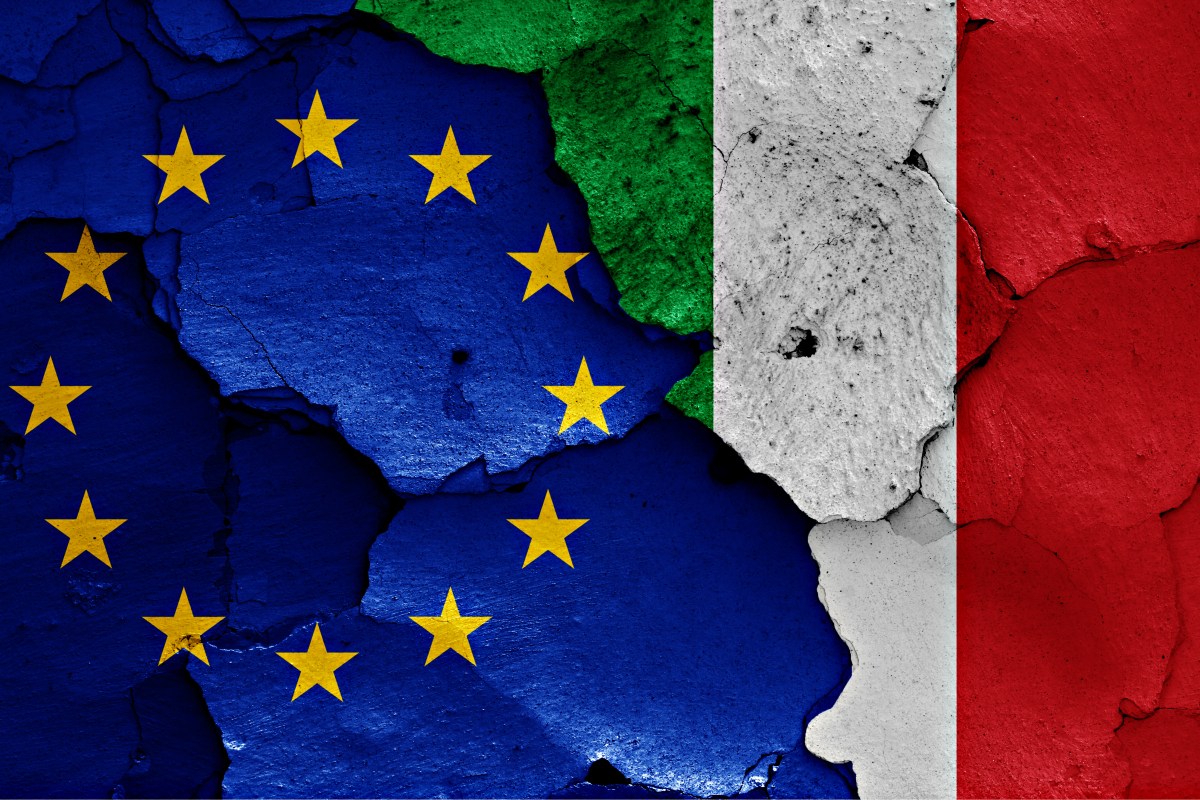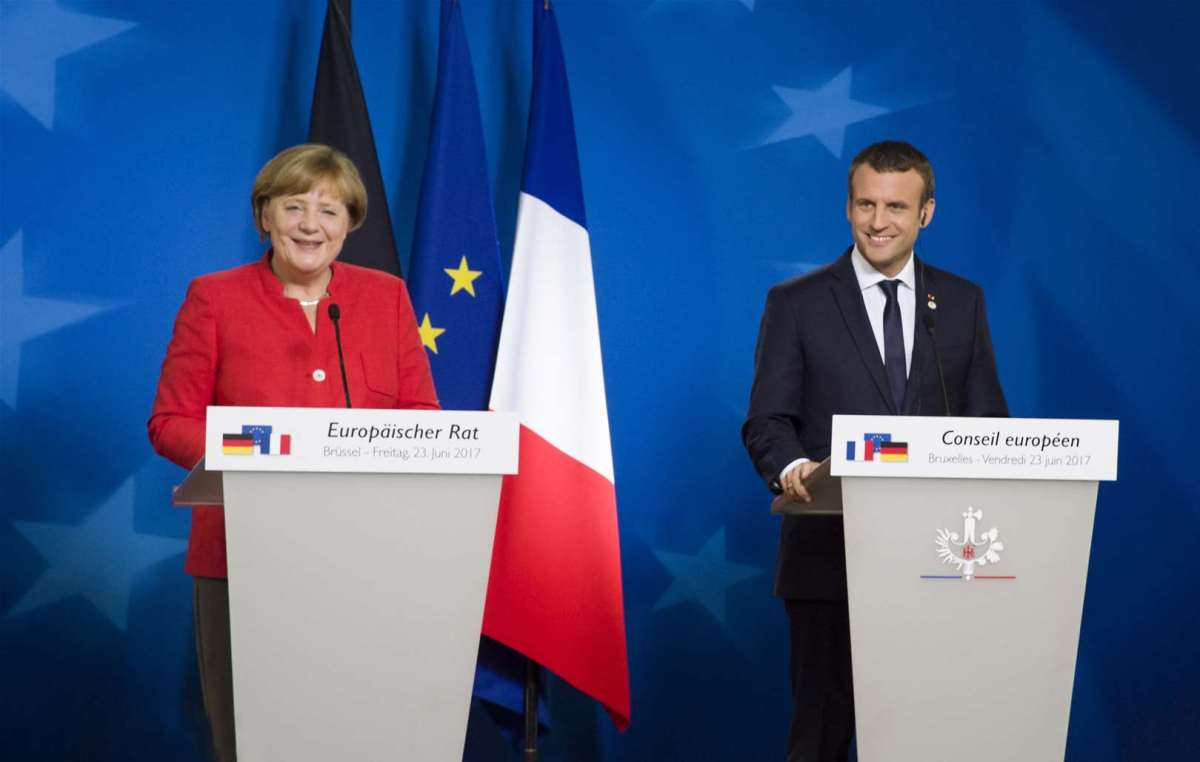The European Council will meet by video conference next Thursday. When it does, the three main items on the agenda will be to approve the recommendations made by the Eurogroup on 9 April, to push forward the conversation about a European Recovery Fund, and to restart and restructure the talks about the upcoming multi-annual financial framework. In English, that means the conversation will be about money. Like any conversation about money it will be difficult. The opportunities for misunderstanding are everywhere. Now is a good time to sort out some of the issues.









